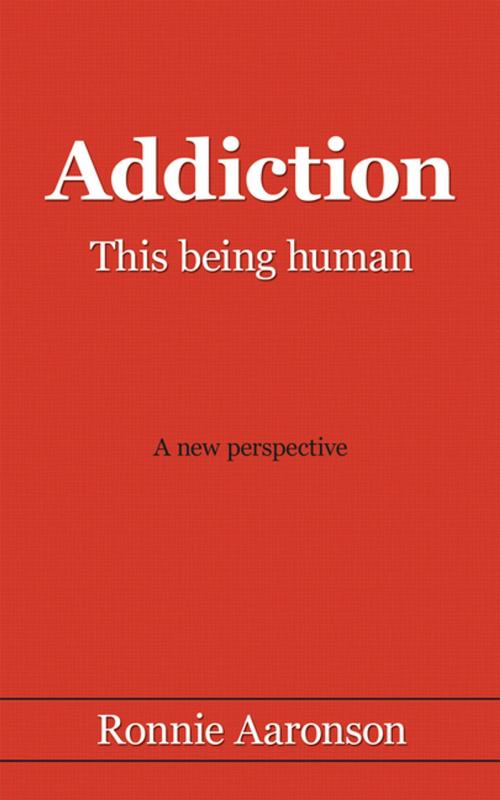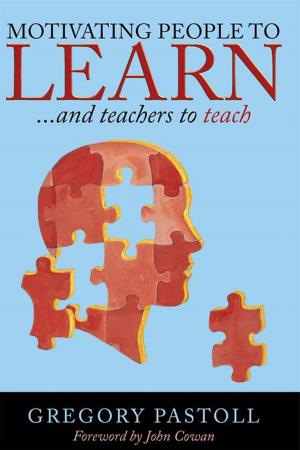Addiction - This Being Human
A New Perspective
Nonfiction, Social & Cultural Studies, Social Science, Sociology, Health & Well Being, Psychology, Health| Author: | Ronnie Aaronson | ISBN: | 9781467012393 |
| Publisher: | AuthorHouse UK | Publication: | October 4, 2006 |
| Imprint: | AuthorHouse UK | Language: | English |
| Author: | Ronnie Aaronson |
| ISBN: | 9781467012393 |
| Publisher: | AuthorHouse UK |
| Publication: | October 4, 2006 |
| Imprint: | AuthorHouse UK |
| Language: | English |
This is a compassionate, unique and innovative book about addictive behaviour.
Who is likely to develop an addictive habit? What draws people to use addictive substances? How do addictive substances serve the user? What are the possible conscious and unconscious reasons behind their use? The author, using vignettes and actual case histories, presents a clear, dense and compelling narrative to offer answers to these and many other questions by expanding upon theories taken from different orientations within psychotherapy, including body psychotherapy.
She considers the part that shame and fear can play in addictive behaviour and how it can get acted out in treatment. She identifies building a strong sense of self and the ability to self-soothe as essential for long-term abstinence and presents a clear and convincing case for bodywork and long-term counselling or psychotherapy to be included in treatment so that the recovery process can be completed.
This book is useful for anyone in the helping professions who works with or around individuals who present addictive behaviour. It is essential for counsellors and psychotherapists and a must for anyone working in the drug and/or alcohol field.
This is a compassionate, unique and innovative book about addictive behaviour.
Who is likely to develop an addictive habit? What draws people to use addictive substances? How do addictive substances serve the user? What are the possible conscious and unconscious reasons behind their use? The author, using vignettes and actual case histories, presents a clear, dense and compelling narrative to offer answers to these and many other questions by expanding upon theories taken from different orientations within psychotherapy, including body psychotherapy.
She considers the part that shame and fear can play in addictive behaviour and how it can get acted out in treatment. She identifies building a strong sense of self and the ability to self-soothe as essential for long-term abstinence and presents a clear and convincing case for bodywork and long-term counselling or psychotherapy to be included in treatment so that the recovery process can be completed.
This book is useful for anyone in the helping professions who works with or around individuals who present addictive behaviour. It is essential for counsellors and psychotherapists and a must for anyone working in the drug and/or alcohol field.















